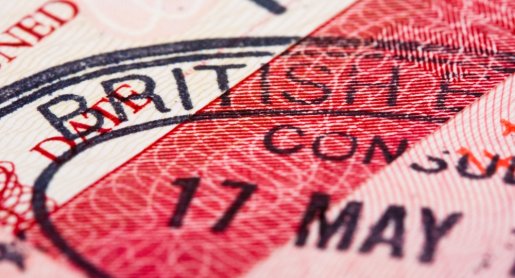Negative Language of UK Higher Education Criticised


A number of high profile figures in British higher education have added their voices to the growing concern at the language being used by the government. A few weeks ago, head of Universities UK Nicola Dandridge attacked the "damaging" rhetoric being used politicians when talking about international students coming to study in the UK.
Edward Acton, vice-chancellor of the University of East Anglia is the latest to question the wisdom of taking a hard line when it comes to international students:
"It has never been more urgent to underline the warmth of the UK welcome to overseas students," he said. Negative Home Office rhetoric needs to be vigorously countered by bringing home the quality and the personal care available at British universities."
There is the perception that tougher visa restrictions have made it harder for international students to study in the UK over the last couple of years. Whilst this is true to an extent, the reforms have been greatly exaggerated through the rhetoric used by politicians.
Promoting Higher Education
This series of attacks comes after statistics released earlier this month showed a slight fall in international students applying to the UK, with some alarming trends- including a 24% drop in the number of Indian students.
However, it appears that the government is now starting to listen to such senior figures, and earlier this week announced a new unit to help promote British higher education around the world. Minister accepted that there is a growing demand for British education around the world, which is not currently being exploited as best it can.
Skills Minister Matthew Hancock is one of the leading politicians behind the scheme, and speaking in India, he argued:
"It is essential that we realise the potential of the largely untapped resource that is our education exports. There is a fast-growing demand for high-quality education, and we are lucky to have a dynamic and entrepreneurial sector that is well placed to contribute."
However, not everyone is convinced by this new step, with Alex Bols, the executive director of the 1994 Group of smaller, research-intensive universities arguing that the government is presenting mixed messages:
"We need more joined-up Government. UK Trade & Investment on the one hand is promoting UK education whilst at the same time the Home Office and UKBA is restricting access. [We need] a proactive publicity campaign to combat growing fears that the UK is not welcoming to international students".
It remains to be seen exactly what the new unit will be doing to promote British higher education, but the government will be hoping it will satisfy the growing number of prominent figures speaking out against the current system.








